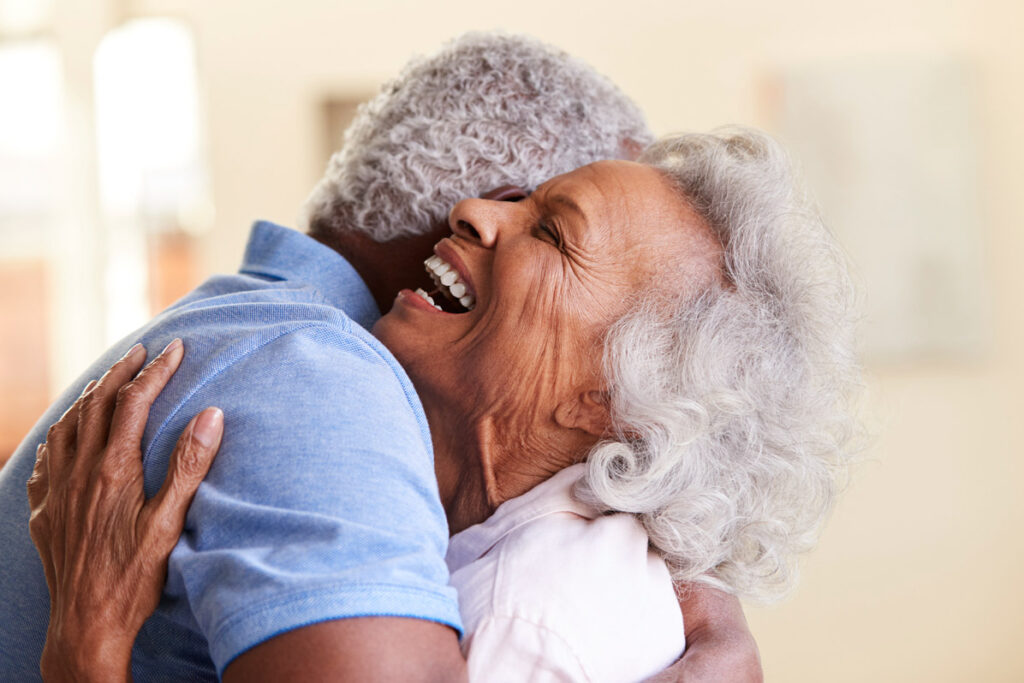Psychological and Counseling Assistance for Patients
Psychological, Counseling Support for Patients. Many of our patients who receive a cancer diagnosis can be as devastating to the psyche as the cancer itself is to the body. Awareness and advocacy have played and continue to play essential roles in prevention, early detection, and treatment advances.
What seems to be missing from the conversation, however, is the psychological impact of a cancer diagnosis and its implications in care and prognosis. This is clearly evidenced not only in the hollow literature on the subject, but also by the sparsity of resources available. Most baffling is the lack of attention paid by the medical specialists whose very job it is to help.
According to The National Cancer Institute, up to 25% of cancer survivors experience symptoms of depression and up to 45 % experience anxiety. Many also experience symptoms meeting the criteria of Post-Traumatic Stress Disorder (PTSD). Most concerning is that survivors are twice as likely to commit suicide than the general population.
It varies for many patients, however for many cancer patients, negative psychological effects don’t even begin until after treatment ends. This is often when distress sets in and one of the most crucial junctures during which attention must be paid to the emotional well-being of the patient. As important as it is to have support throughout treatment, perhaps more important is an ongoing sustainable support system that the patient can count on throughout recovery. Then you have other patients who experience it as soon as they’re diagnosed.
“Cancer survivors who are depressed are twice as likely to die prematurely as those who are not depressed” -Journal of Cancer Survivorship
Whatever the illness or diagnosis may be for a patient, being affected by a mental health condition can sometimes make patients feel isolated and overwhelmed. Since dealing with the news the patient may have received, can already be tough, it’s important to find a support system that patient can rely on. Being able to talk to a trusted friend, family member, support group or mental health professional an provide relief and assistance in times of need.
Mental Support for Caretakers, Family, The Healthy
At H.O.P.E., Helping Our People Everywhere, we call mental support for The Healthy, becoming mindful – the practice of mindfulness.
Mindfulness simply means “self- awareness.” It is the process of focusing the mind, body and soul on what is being sensed in the moment, and it provides the client with the insight to observe and understand positive, negative and in-between feelings from a distance.
Mindfulness practices can help relieve stress, improve sleep, and reduce chronic pain, blood pressure and symptoms of heart disease. It also has the power to change the way your brain functions. Studies have found that activities such as meditation and yoga increase the number of signaling connections in the brain and provide better control over processing pain and emotions.
Mental health is part of overall health. Just like we can’t be well without good mental health, we can’t be healthy if we neglect the rest of our body. When dealing with a mental health condition it can be easy to fall into a rut, relying solely on medication or therapy to be your cure and forgetting to take good care of your body. However, paying attention to lifestyle choices is important for recovery as well, thus we have an array of providers offering preventive and well-being services from comprehensive physicals to yoga to cryotherapy, massage, facials, etc. Click on: Healthy Concierge Services.
We have hand-picked our providers for this service and they provide consultations and sessions via the phone, Skype and FaceTime. However should you have a preference for an in-person session or a special request, please let us know and we will accommodate.
Clients pay for actual service needed directly to the providers.
Next Steps
Please follow these steps to proceed: Mental Health Support Services:
Summarize in your own words your need(s) for service(s) with proposed dates of travel and your ideal date/time for appointments. Specify service you need with ideal date(s) for counseling service and specify whether you prefer FaceTime, Skype or regular phone call or in person session(s). For example, I need a counseling session with ________ for adult/child _________. I need a virtual (or in-person) consultation with ______(specialist).
Summarize your diagnosis (if any) in your own words with dates, treatment/counseling received so far and recommendations you have received. For example, I was diagnosed with _______ on ______(date) and my counselor recommends ________.
Download the Consent Form (link to consent form here) and please fill out and sign. If you do not send this, we cannot act on your behalf.
Attach medical records, if applicable.
Your Contact Info to include: Full Name, Date of Birth, Home Country Address and Contact Phone Number (ideally mobile/cell ph #).
Email all above to: info@HOPEpatientconcierge.com



